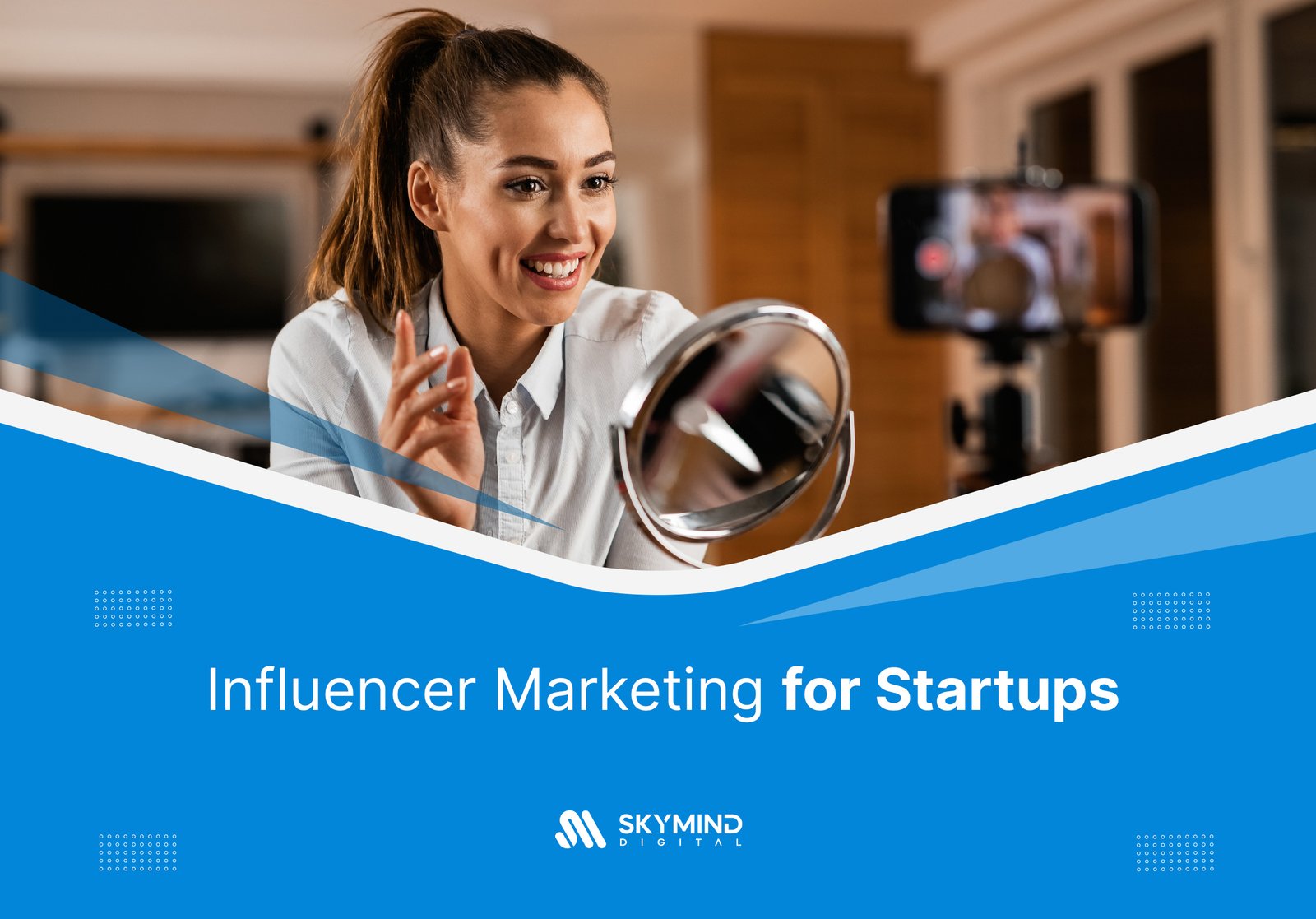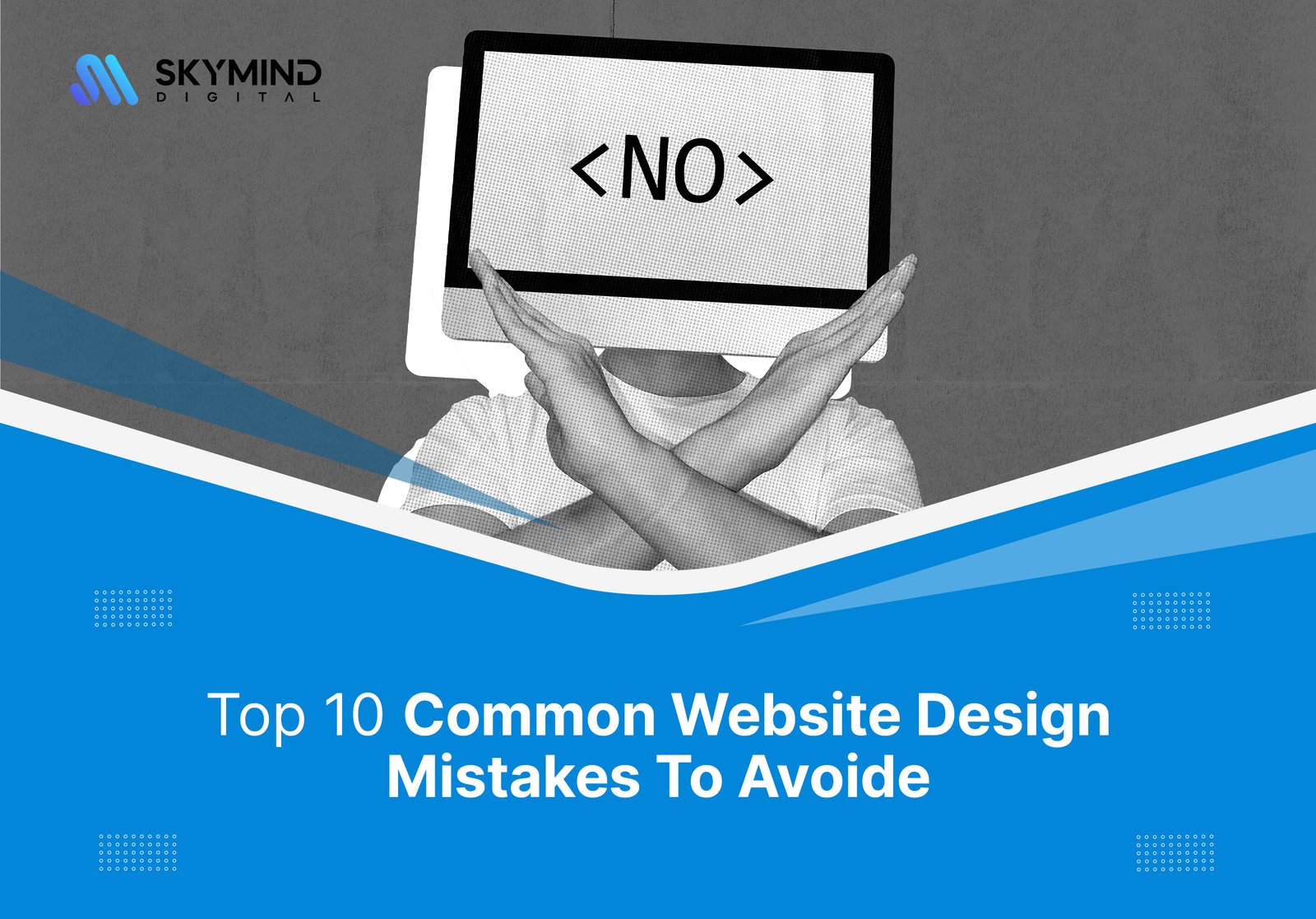In today’s fast-paced digital world, influencer marketing for startups has become one of the most powerful tools for driving brand awareness and growth.
Influencer marketing connects businesses with individuals who have a loyal and engaged following, allowing startups to reach new audiences, build trust, and boost credibility in ways traditional advertising can’t.
In fact, Firework studies show that 89% of marketers believe influencer marketing delivers ROI comparable to or better than other marketing channels, making it a go-to strategy for businesses of all sizes.
For startups, every marketing dollar counts, and startup influencer marketing provides an affordable yet highly effective way to gain visibility.
According to recent data, businesses earn an average of $5.78 for every $1 spent on influencer marketing, showcasing its cost-effectiveness.
By partnering with the right influencers, even small businesses can achieve the kind of brand recognition that used to require big budgets.
As more startups embrace this strategy, the role of influencers continues to grow.
With 63% of consumers trusting influencer recommendations more than brand advertisements, this approach enables startups to build authentic connections with their target audience.
With the right approach, influencer marketing can help startups scale quickly, creating genuine relationships with potential customers and building long-term brand loyalty.
In this guide, we’ll explore how influencer marketing works, its benefits, and how you can leverage it to take your startup to the next level.
What is Influencer Marketing and Why Should Startups Care?
Influencer marketing is a strategy where brands collaborate with influential people—known as influencers—who have a strong following on social media or other online platforms.
These influencers help promote products or services to their audience, which is often more engaged and loyal than traditional advertising channels can reach.
In the digital marketing ecosystem, influencer marketing plays a key role in building brand credibility and expanding reach.
It’s no surprise that 61% of consumers say they trust influencer recommendations, compared to just 38% who trust branded content.
For startups, influencer marketing is an especially effective strategy.
Unlike traditional marketing methods that often require large budgets, influencer marketing offers a cost-efficient way to generate buzz and attract customers.
This is backed by research showing that 71% of marketers say the quality of traffic generated by influencer campaigns is better than other sources.
With limited resources, startups can partner with influencers who resonate with their target audience, gaining visibility and trust quickly.
This approach not only allows startups to tap into new, engaged audiences but also helps establish authenticity—something crucial for young brands trying to build their reputation.
Studies also reveal that 49% of consumers rely on influencer recommendations when deciding on a purchase, further emphasizing its value.
In short, startup influencer marketing is a game-changing strategy that can help startups punch above their weight in a crowded marketplace.
Types of Influencer Marketing (With Research Data and Market Statistics)
Influencer marketing has rapidly evolved into one of the most effective ways to engage with target audiences.
Brands can partner with influencers in various creative ways, each offering unique opportunities to boost engagement and drive sales.
Below, we’ll explore some of the most common types of influencer marketing, backed by data and insights to guide your strategy.
1. Contests & Giveaways
Why it works: Everyone loves the chance to win something for free!
Contests and giveaways are easy to implement and offer instant engagement with minimal investment. They foster participation through follows, shares, retweets, and comments—actions that can translate into higher conversions.
Statistics:
- A 2019 survey from Statista found that 70% of marketers use contests or giveaways in their influencer campaigns as a primary engagement strategy.
- 48% of social media users have engaged with a brand’s contest or giveaway at some point, showing the widespread appeal of these campaigns (source: Social Media Examiner).
Key Considerations: While giveaways can boost follower numbers, they can also attract people more interested in prizes than in your brand.
Additionally, beware of fake accounts and bots, which can inflate your numbers without contributing to genuine engagement.
2. Product Gifting for Honest Reviews
Why it works: This involves sending products to influencers in exchange for an honest review, often in the form of unboxing videos or detailed blog posts.
Authenticity is key, as influencers share their unfiltered opinions, which resonates with their followers.
Statistics:
- 61% of consumers trust influencer recommendations more than brand advertisements (source: Edelman Trust Barometer).
- A 2019 study by Influencer Marketing Hub revealed that 49% of influencers stated that product reviews are the most effective form of sponsored content, highlighting its trust-building power.
- Micro-influencers (those with 1,000 to 100,000 followers) generate 60% higher engagement rates than macro-influencers (source: Viral Nation).
Key Considerations: While honest reviews can drive sales, negative feedback is always a possibility. You must ensure the product quality aligns with expectations to avoid unfavorable reviews, which could harm your brand’s reputation.
3. Sponsored Content
Why it works: Sponsored content allows influencers to create tailored content that integrates your brand while maintaining their authentic voice.
This helps brands tap into the influencer’s audience in a natural and engaging way.
Statistics:
- According to Influencer Marketing Hub, 68% of marketers believe that sponsored posts with influencers are the most effective form of content promotion.
- 51% of consumers say they have purchased a product after seeing it advertised by an influencer (source: Edelman).
- Sponsored content is 9x more likely to be shared than brand content, making it highly effective in expanding your reach.
Key Considerations: While influencers offer creative freedom, make sure the content aligns with your brand’s messaging. Clear communication about expectations and guidelines is essential for a successful campaign.
4. Affiliate Marketing
Why it works: Affiliate marketing is a cost-effective way to work with multiple influencers. Influencers promote your product using a unique code or link, earning a commission for every sale made.
Statistics:
- 81% of brands use affiliate marketing to drive traffic and sales (source: Rakuten Marketing).
- According to Voxburner, 45% of 16-24-year-olds are more likely to purchase a product if they have a unique discount code from an influencer.
- Affiliates generate 16% of all e-commerce sales in the U.S., proving that this method is both scalable and effective.
Key Considerations: Affiliate marketing is performance-driven, so you’ll need to track sales and conversions carefully. Providing influencers with clear tracking links and promo codes is essential to ensure accurate reporting.
5. Social Media Takeovers
Why it works: With social media takeovers, influencers manage your brand’s social channels for a day or even weeks. This allows for fresh content and a new voice, which can generate excitement and engagement.
Statistics:
- 83% of marketers agree that influencer-generated content performs better than traditional branded content (source: eMarketer).
- Takeovers can increase follower engagement by 70%, according to Influencer Marketing Hub.
- A 2018 survey found that 74% of followers of influencers on Instagram say they follow a brand because of a social media takeover.
Key Considerations: You must trust the influencer with your brand’s voice, as they’ll be representing you to your audience.
For added security, use tools that allow influencers to post without sharing login credentials directly.
6. Long-Term Influencer Partnerships
Why it works: Establishing long-term partnerships with influencers allows you to build authentic and sustained brand relationships.
Influencers promote your product over an extended period, which helps reinforce your brand’s presence and credibility.
Statistics:
- 51% of marketers believe long-term influencer partnerships lead to more meaningful relationships with their audiences (source: Marketing Dive).
- Micro-influencers and mid-tier influencers can generate 22x more conversions than celebrity influencers (source: McKinsey).
- 58% of consumers said they are more likely to trust a brand that partners with an influencer consistently, according to a 2021 survey by Brandwatch.
Key Considerations: Building long-term relationships takes time and effort. Influencers must align with your brand values and consistently engage their audience with authentic content.
7. Brand Ambassadors
Why it works: A brand ambassador is an influencer who becomes the long-term “face” of your brand. They actively promote your products over time, helping to establish a strong, recognizable presence in the market.
Statistics:
- 80% of brand ambassadors share content about the brand on a weekly basis, keeping the brand top-of-mind (source: Scoop.it).
- Brand ambassadors can increase brand awareness by 3-5x through consistent promotion (source: Influencer Marketing Hub).
- According to a 2020 survey, 70% of consumers are more likely to trust a brand ambassador’s opinion than a traditional celebrity endorsement.
Key Considerations: Ambassadors must embody your brand’s personality and values. A strong, ongoing partnership will help nurture trust, credibility, and loyalty with your audience.
The Benefits of Influencer Marketing for Startups
For startups looking to grow quickly and cost-effectively, influencer marketing offers a host of advantages.
Unlike traditional marketing strategies, influencer campaigns deliver high-impact results by connecting brands with niche audiences that are genuinely interested in their products or services.
Let’s explore the key benefits of influencer marketing for startups and why it’s a must-have strategy for emerging businesses.
- Increased Brand Visibility
Influencers have already built loyal and engaged followings, giving startups the opportunity to reach large, relevant audiences quickly.
Research shows that 80% of consumers have purchased something after seeing it recommended by an influencer (source: Mediakix).
This kind of visibility is invaluable for startups trying to make a name for themselves in a competitive market.
- Builds Trust and Credibility
Trust is one of the biggest hurdles for startups, but influencers can help overcome it. Their recommendations feel authentic to their followers, making your brand appear more reliable.
In fact, 63% of consumers trust influencer opinions more than what brands advertise (source: Edelman Trust Barometer).
- Cost-Effectiveness
For startups working with limited budgets, influencer marketing is incredibly cost-effective. Micro-influencers, for example, often charge lower fees while delivering high engagement rates.
According to Influencer Marketing Hub, micro-influencers generate 60% more engagement than larger influencers, making them a budget-friendly choice for startups.
- Reaching Niche Audiences
One of the standout benefits of influencer marketing for startups is the ability to target specific, niche audiences. Influencers in specialized fields can connect startups with highly relevant followers, ensuring your message reaches the right people. This precise targeting increases the likelihood of conversions and helps maximize ROI.
- Boosting Website Traffic and Sales
Influencers can drive significant traffic to your website or online store.
Recent studies found that businesses see a 20% increase in sales on average when using influencer marketing as part of their strategy (source: Digital Marketing Institute).
This makes it a powerful tool for startups aiming to scale quickly.
- Long-Term Brand Loyalty
Collaborating with influencers fosters a sense of community around your brand, encouraging long-term loyalty.
Startups can benefit from ongoing partnerships with influencers, ensuring consistent exposure and repeat customer engagement.
In summary, the benefits of influencer marketing for startups are undeniable. From expanding brand reach and building trust to driving sales and engaging niche audiences, it’s a strategy that delivers real, measurable results.
As a startup, investing in influencer marketing could be the game-changer that helps your business thrive.
How to Choose the Right Influencers for Your Startup
Finding the right influencers is key to unlocking the full potential of startup influencer marketing. Not every influencer will align with your brand’s goals, so it’s essential to be strategic.
Research shows that 82% of consumers are more likely to act on recommendations from influencers who specialize in their area of interest (Source: HubSpot).
This ensures their audience will naturally be interested in your products or services. Follow these steps to find influencers who align with your brand and goals:
Step 1: Define Your Goals and Audience
Before searching for influencers, clarify what you want to achieve.
Are you aiming for brand awareness, lead generation, or sales?
Next, identify your target audience—age, location, interests, and behaviors.
This ensures you choose influencers whose followers match your ideal customer profile.
Step 2: Look for Niche Relevance
Focus on influencers who operate in your industry or niche. Whether it’s fitness, tech, beauty, or food, their content should align with your brand.
Research shows that 82% of consumers prefer influencers who specialize in their area of interest (Source: HubSpot).
This increases the likelihood of their audience being interested in your product or service.
Step 3: Check Engagement Rates
An influencer’s engagement rate (likes, comments, shares) is more important than their follower count. Tools like HypeAuditor or Social Blade can help you analyze engagement metrics.
Micro-influencers (10,000–100,000 followers) often deliver 60% higher engagement rates than larger influencers (Source: Influencer Marketing Hub).
For startups, these influencers are often more budget-friendly while delivering strong results.
Step 4: Evaluate Authenticity
Authenticity drives trust. Study an influencer’s past collaborations and see if their endorsements feel genuine.
Avoid influencers who frequently promote unrelated brands—they may come across as inauthentic to their audience. For top business influencers, authenticity can make or break the success of your campaign.
Step 5: Analyze Audience Demographics
Ensure the influencer’s audience aligns with your target market.
Tools like BuzzSumo and SparkToro can provide insights into followers’ age, location, and interests.
This step ensures your marketing efforts reach the right people, maximizing the benefits of influencer marketing for startups.
Step 6: Review Their Content and Style
An influencer’s content should match your brand’s voice and style. Review their posts, videos, and captions to see if their tone aligns with your message.
Collaborating with someone whose content feels authentic to your brand will resonate more with their audience.
Step 7: Establish Clear Campaign Objectives
Once you shortlist potential influencers, discuss your campaign goals with them. Set expectations about deliverables, timelines, and performance metrics.
Clear communication ensures your influencer understands your brand’s values and objectives.
By following these steps, you’ll be able to identify the right influencers to promote your startup effectively.
A well-chosen influencer not only amplifies your brand’s message but also builds trust and credibility, helping your business stand out in a competitive market.
What Platforms Are Most Used for Influencer Marketing?
When it comes to influencer marketing, the platform you choose can significantly impact the success of your campaign.
Different platforms cater to unique audiences, and understanding where your target market spends their time is essential.
Let’s explore the most popular platforms for influencer marketing and their suitability for various types of startups.
1. Instagram
Instagram remains the top choice for influencer marketing. Its visual nature makes it ideal for industries like fashion, beauty, travel, and lifestyle.
With features like Stories, Reels, and Shopping, influencers can create engaging, immersive content that drives immediate action.
In fact, 72% of marketers rank Instagram as the most effective platform for influencer campaigns (Source: Statista).
2. YouTube
For long-form content, YouTube is unmatched. It’s the go-to platform for tech reviews, tutorials, and storytelling. Startups in tech, education, and fitness can benefit from YouTube’s highly engaged audience. Videos on YouTube tend to have a longer shelf life, ensuring your campaign delivers value over time.
3. TikTok
TikTok is perfect for startups targeting younger audiences, especially Gen Z. Known for its viral trends and short-form videos, TikTok works well for creative industries and products that thrive on buzz.
35% of marketers say TikTok offers the highest ROI among newer platforms (Source: Influencer Marketing Hub).
4. LinkedIn
For B2B startups and professional services, LinkedIn is the best platform.
Influencers on LinkedIn often focus on thought leadership, making it ideal for startups looking to establish authority in their industry.
Collaborating with top business influencers on LinkedIn can help you reach decision-makers and professionals.
5. Facebook
Though its popularity among younger demographics has declined, Facebook remains a strong choice for startups targeting families, older audiences, or local communities.
Groups and Pages provide excellent opportunities for community-driven influencer marketing.
6. Twitter
While not as dominant as Instagram or TikTok, Twitter is effective for startups in niches like tech, news, and entertainment. It’s a great platform for thought leaders to share insights and drive conversations.
Which Platform is Right for Your Startup?
The platform most used for influencer marketing depends on your industry and audience.
If your startup sells visually appealing products, Instagram or TikTok are great choices.
For educational content or product demos, YouTube shines.
LinkedIn is perfect for professional networking, while Facebook remains strong for broader, community-driven campaigns.
By choosing the platform that aligns with your startup’s goals and target audience, you can maximize the impact of your influencer marketing efforts.
Whether it’s driving sales, building brand awareness, or creating buzz, the right platform ensures your campaign reaches the people who matter most.
Why Influencer Marketing is Essential for Startups
Influencer marketing is no longer a luxury for startups—it’s a necessity in today’s digital-first world.
The industry has seen explosive growth, with the global market projected to reach $24 billion by 2024 and an estimated annual growth rate of 10.36% between 2024 and 2028, positioning it to hit $52 billion by 2028 (Statista).
These numbers underscore the undeniable role influencers play in shaping consumer behavior and driving purchasing decisions.
For startups, influencer marketing is a strategic way to build brand awareness, establish credibility, and drive measurable ROI—all while navigating limited budgets.
By leveraging micro-influencers, affiliate marketing, and long-term partnerships, startups can amplify their message without the need for expensive traditional advertising.
As this market continues to grow, the startups that invest in influencer marketing today will position themselves as tomorrow’s industry leaders.
This guide provides you with actionable insights and data-driven strategies to implement influencer marketing effectively, ensuring your brand stands out in an increasingly competitive landscape.
By aligning your approach with the latest trends and focusing on authenticity and engagement, your startup can harness the power of influencer marketing to scale sustainably and achieve lasting success. Stay with Sky Mind Digital for updates about different marketing approach and updates.







